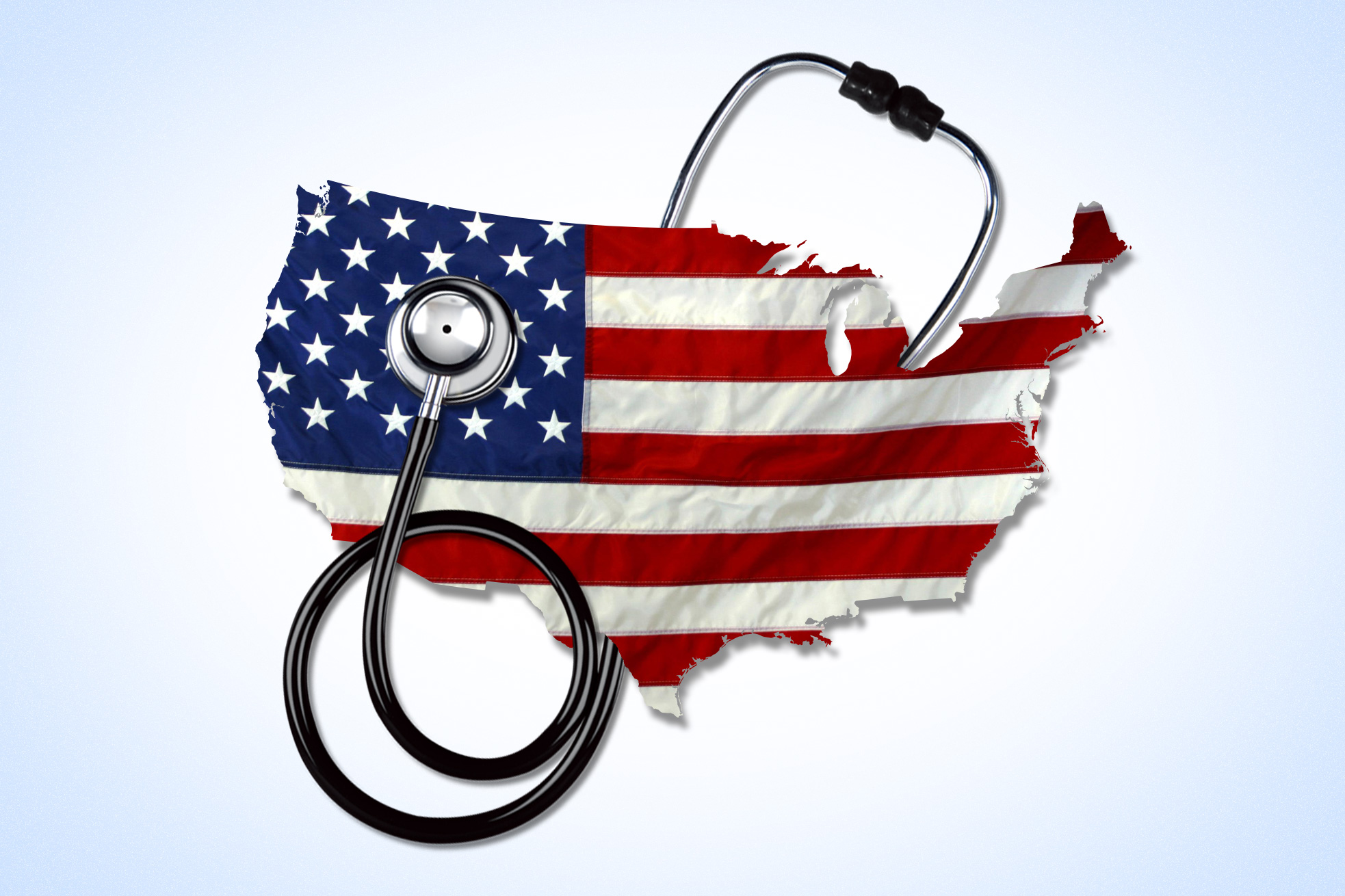
Healing Systems: Navigating Healthcare Governance
In the intricate web of healthcare, governance serves as the guiding force that shapes the policies and structures governing the delivery of health services. It’s more than bureaucracy; it’s the backbone that ensures healthcare systems operate efficiently, ethically, and with the well-being of patients at the forefront. Let’s delve into the realm of healthcare governance and explore its vital role in shaping the healing landscape.
Foundations of Governance: Building the Pillars of Healthcare
At its core, healthcare governance establishes the foundational principles that underpin the entire healthcare system. From defining organizational structures to outlining ethical standards, governance creates a framework that ensures the delivery of high-quality and patient-centered care. It’s the blueprint for building a healthcare infrastructure that stands strong and resilient.
Regulatory Landscape: Navigating Compliance and Standards
One of the primary functions of healthcare governance is navigating the intricate regulatory landscape. Whether at the local, national, or international level, healthcare organizations must adhere to a myriad of regulations and standards. Governance ensures that these standards are not just met but exceeded, safeguarding the rights and safety of patients while maintaining the integrity of the healthcare system.
Explore the dynamics of Healthcare Governance for a comprehensive understanding.
Ethical Imperatives: Upholding Integrity in Care
Ethics lie at the heart of healthcare governance. It’s not just about following rules; it’s about upholding the highest standards of integrity in every aspect of care. From informed consent to privacy protections, governance sets the ethical benchmarks that guide healthcare professionals in their interactions with patients, fostering a culture of trust and respect.
Patient-Centric Focus: Putting Wellbeing at the Center
In the landscape of healthcare governance, the patient is not just a recipient of care but the central focus. Governance frameworks emphasize patient-centric approaches, ensuring that healthcare services are not only accessible but also tailored to meet the unique needs of individuals. It’s about fostering a healing environment where patients feel heard, valued, and actively engaged in their own care.
Strategic Leadership: Orchestrating Systematic Excellence
Effective healthcare governance requires strategic leadership that goes beyond day-to-day operations. It involves long-term planning, innovation, and adaptability to navigate the ever-evolving healthcare landscape. Governance structures provide the leadership necessary for healthcare systems to anticipate challenges, implement cutting-edge technologies, and foster a culture of continuous improvement.
Financial Stewardship: Balancing Budgets for Optimal Care
In a world where healthcare costs are a significant concern, governance plays a crucial role in financial stewardship. It involves balancing budgets, allocating resources efficiently, and making strategic investments to ensure that the financial health of healthcare organizations aligns with their mission of providing optimal care. It’s about maximizing value without compromising quality.
Risk Management: Anticipating and Mitigating Challenges
Healthcare is not without risks, and governance is the compass that guides organizations in anticipating and mitigating these challenges. From cybersecurity threats to public health emergencies, governance frameworks ensure that healthcare systems are prepared to respond effectively, safeguarding both patients and the continuity of care.
Transparency and Accountability: Building Trust in Systems
Trust is fundamental in healthcare, and governance builds trust through transparency and accountability. Whether it’s disclosing information about medical procedures or being transparent about organizational performance, governance fosters a culture of openness. Accountability mechanisms ensure that healthcare organizations take responsibility for their actions, contributing to a trustworthy and reliable healthcare system.
Quality Assurance: Striving for Excellence in Care
Healthcare governance is synonymous with a commitment to quality assurance. It involves developing and implementing systems that continually assess and improve the quality of care provided. Governance frameworks include mechanisms for monitoring outcomes, evaluating performance, and implementing evidence-based practices to ensure that healthcare organizations consistently strive for excellence.
Crisis Response: Adapting to Unforeseen Challenges
In times of crisis, whether it be a global pandemic or a localized healthcare emergency, governance becomes the guiding light. It involves swift decision-making, resource mobilization, and adapting to unforeseen challenges. Healthcare governance ensures that systems are resilient and capable of responding effectively to crises while maintaining the delivery of essential care.
Embark on a journey of understanding the intricate dynamics of healthcare governance. It’s not just about rules and regulations; it’s about creating a healthcare system that prioritizes the well-being of patients, operates ethically, and remains resilient in the face of challenges. As we navigate the healing systems, let healthcare governance be the compass that guides us toward a healthier and more compassionate future.


